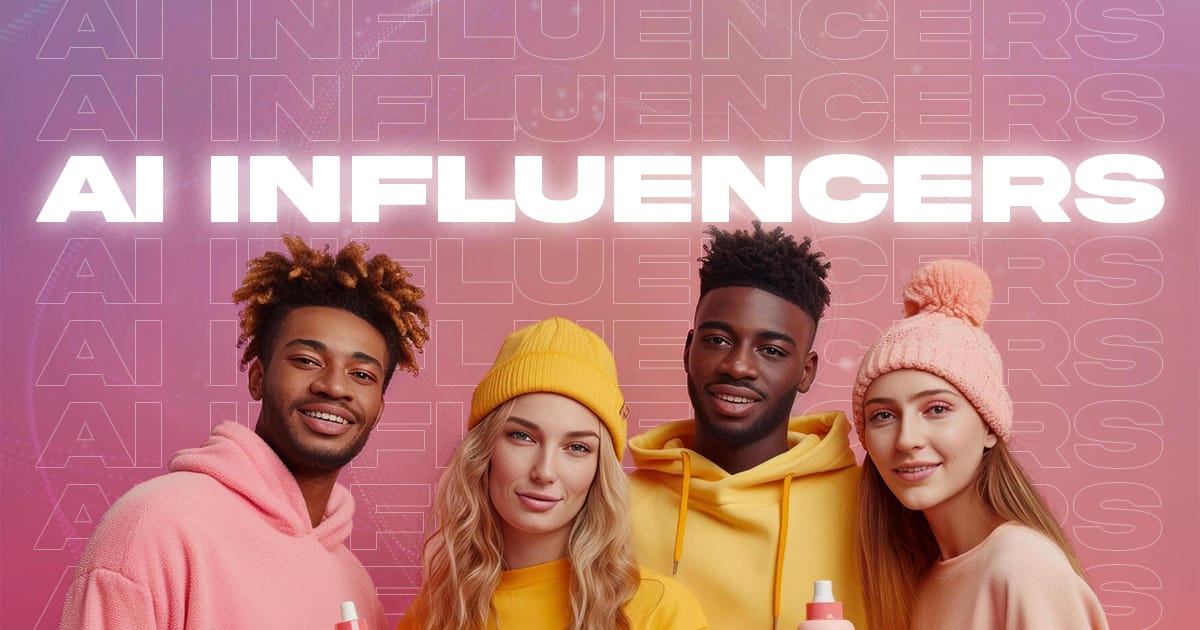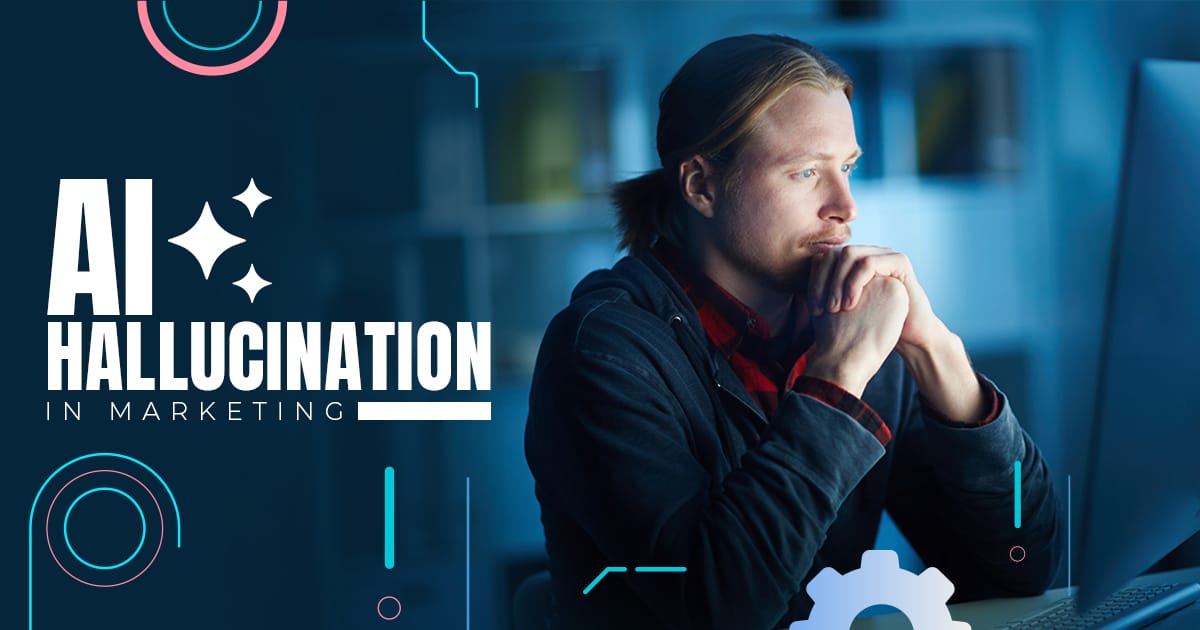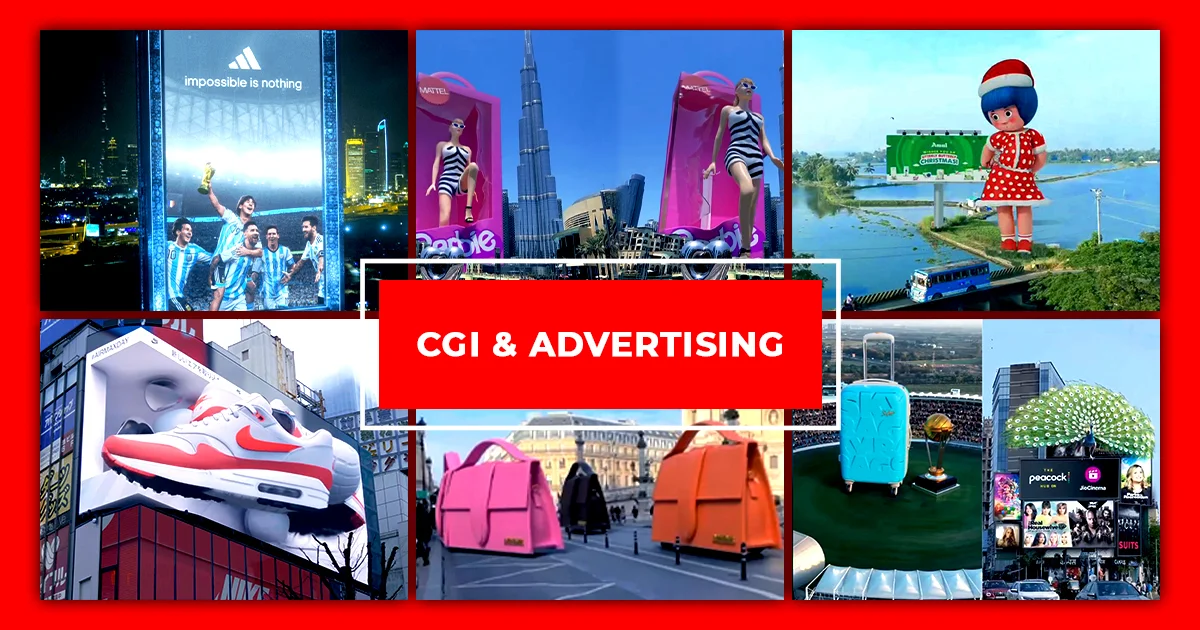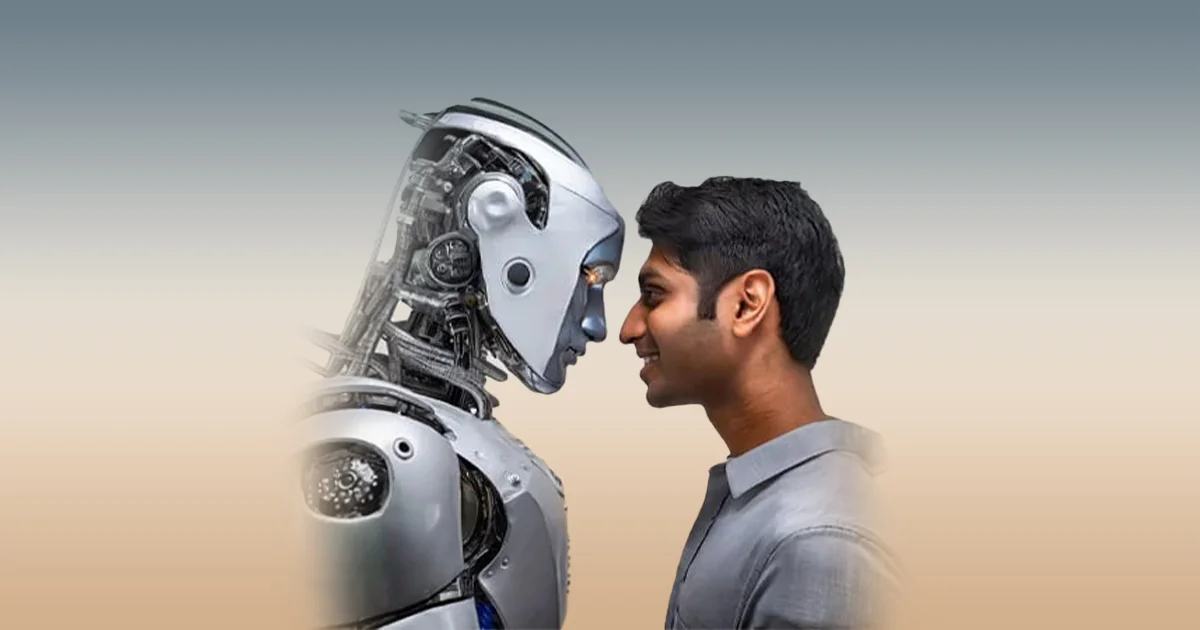Social media influencers are still a fresh concept for many millennials, and just as we’re getting used to them, science has thrown us a curveball with AI influencers! Marketers and creative agencies can barely keep up with the daily innovations! To help you stay in the loop, your social media marketing agency and partner Gr8 Brews presents a few key points to simplify everything for you:
1. Who Are AI Influencers?
AI influencers are engineered virtual personalities who operate much like human influencers: they post content, interact with followers, share opinions on trending topics, and even participate in public conversations. Created by combining technical and creative expertise, these influencers embody specific character traits and visual aesthetics tailored to attract certain audiences—especially Gen Z and Gen Alpha, who are digital natives and embrace technology in their daily lives.
2. How AI Influencers Are Crafted:
Creating AI influencers involves complex processes, often including:
- Character Design and CGI: Teams of artists and animators design the character’s appearance using CGI to ensure a lifelike presence.
- Motion Capture and AI Technology: AI algorithms and motion capture technology bring these characters to life, allowing for more realistic movement and facial expressions.
- Personality Development: Each AI influencer has a distinct personality profile crafted to align with brand values and audience expectations, enhancing authenticity.
- Content Strategy: AI influencers can participate in trending social media activities, from dance challenges to brand collaborations, all while following a meticulously planned content calendar.
3. Characteristics of AI Influencers:
- Created for Target Audiences: AI influencers are purposefully engineered to appeal to specific audiences. For instance, many are designed to resonate with Gen Z and Gen Alpha, digitally native demographics who value technology and new media.
- Diverse and Distinct Personalities: AI influencers come in various forms to cater to diverse preferences. From stylized cartoon figures like Noonoouri to lifelike models like Aitana Lopez, each persona attracts its unique following.
- Controlled, Reliable Presence: Unlike human influencers, AI influencers are fully managed by their creators. This controlled reliability allows brands to avoid the unpredictability that sometimes accompanies real-world influencers, ensuring a consistent brand image and message across platforms.
Statistics and Market Insights
- Popularity Growth: According to a study by Influencer Marketing Hub, the market for virtual influencers has seen a substantial increase, with engagement rates 3x higher than those of human influencers in some cases. This trend highlights the appeal of AI influencers among social media users who find them captivating and fresh.
- Audience Engagement: A 2023 report from HypeAuditor reveals that AI influencers often have higher engagement rates than their human counterparts. For example, Lil Miquela, one of the first and most well-known AI influencers, has over 3 million followers on Instagram and an engagement rate of 2.2%, which is significantly above the average for influencers with a similar following.
Some Popular AI Influencers and Their Appeal:
- Lil Miquela: Created by the agency Brud in 2016, Lil Miquela is one of the most recognized AI influencers, boasting over 2.5 million followers on Instagram and 3.5 million on TikTok. She collaborates with major fashion brands like Calvin Klein and has even been involved in social justice campaigns, enhancing her appeal among socially conscious consumers.
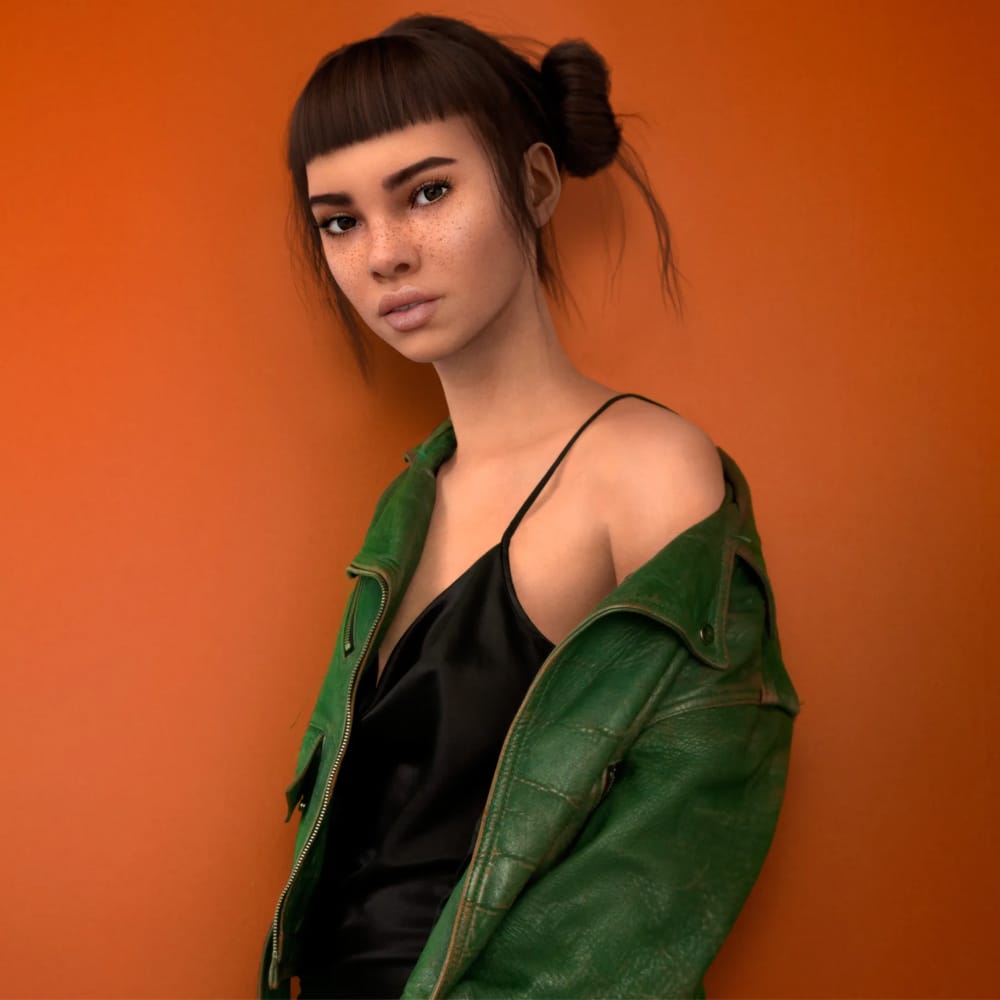
- Shudu Gram: Known as the world’s first digital supermodel, Shudu Gram has made waves in the fashion industry. Created by photographer Cameron-James Wilson, Shudu has collaborated with brands like Balmain and Fenty Beauty. Her strikingly lifelike appearance has attracted hundreds of thousands of followers on Instagram, making her a go-to virtual model for high-fashion brands.
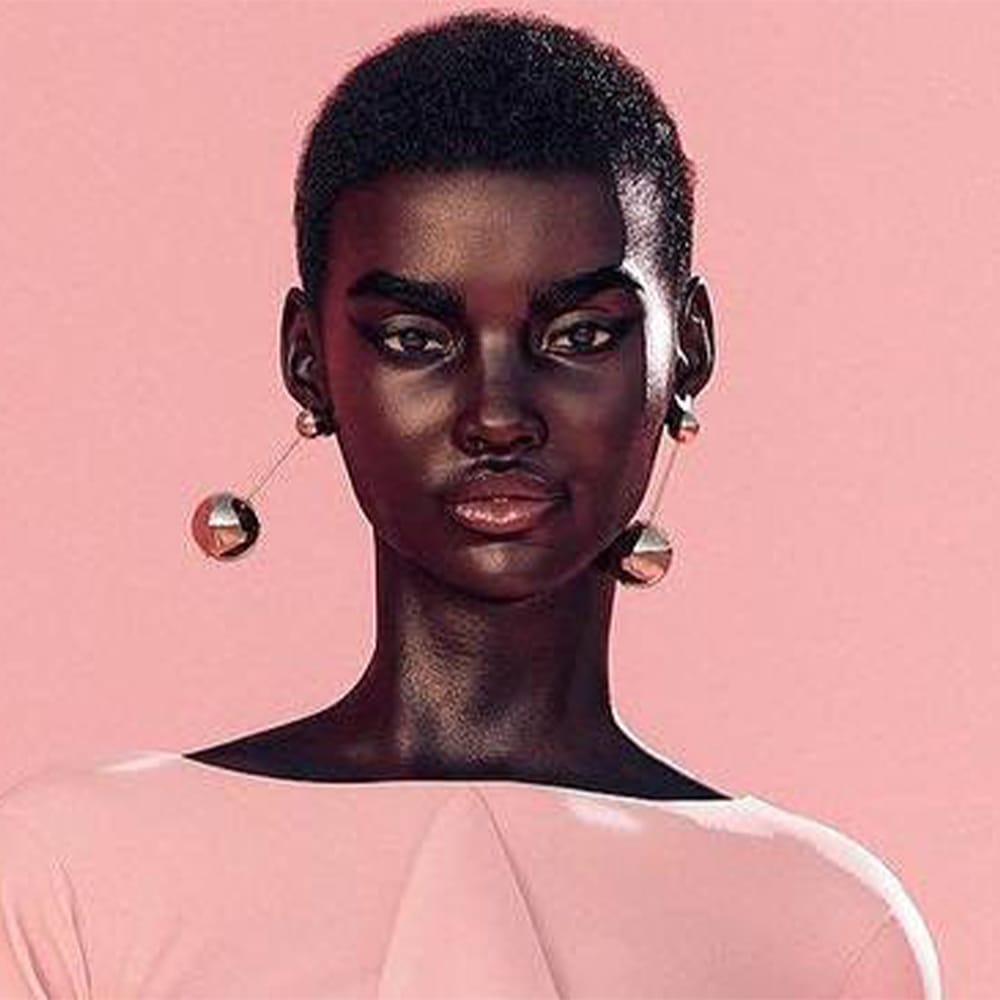
- Imma: A Japanese AI influencer with a bold sense of style, Imma, whose name means “now” in Japanese, is popular for her edgy looks and partnership with brands like IKEA, Burberry, and even Netflix. She engages followers with an Instagram presence that balances style and innovation, drawing fans globally.
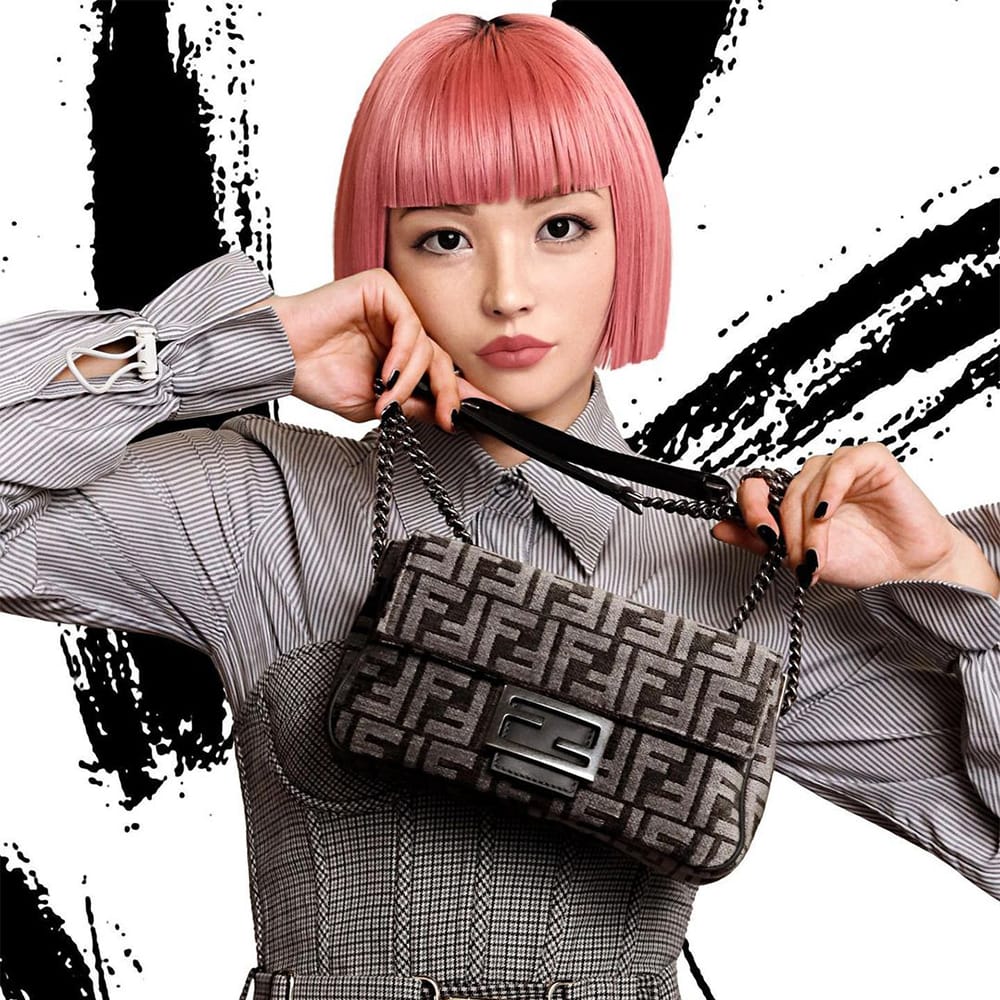
- Rozy: South Korea’s first AI influencer, Rozy, has become a sensation. She appeals to younger audiences, engaging with fashion, lifestyle, and K-beauty content, and has collaborated with over 100 brands, from skincare to luxury fashion. Her blend of K-pop style and anime-like aesthetics resonates with audiences across Asia.
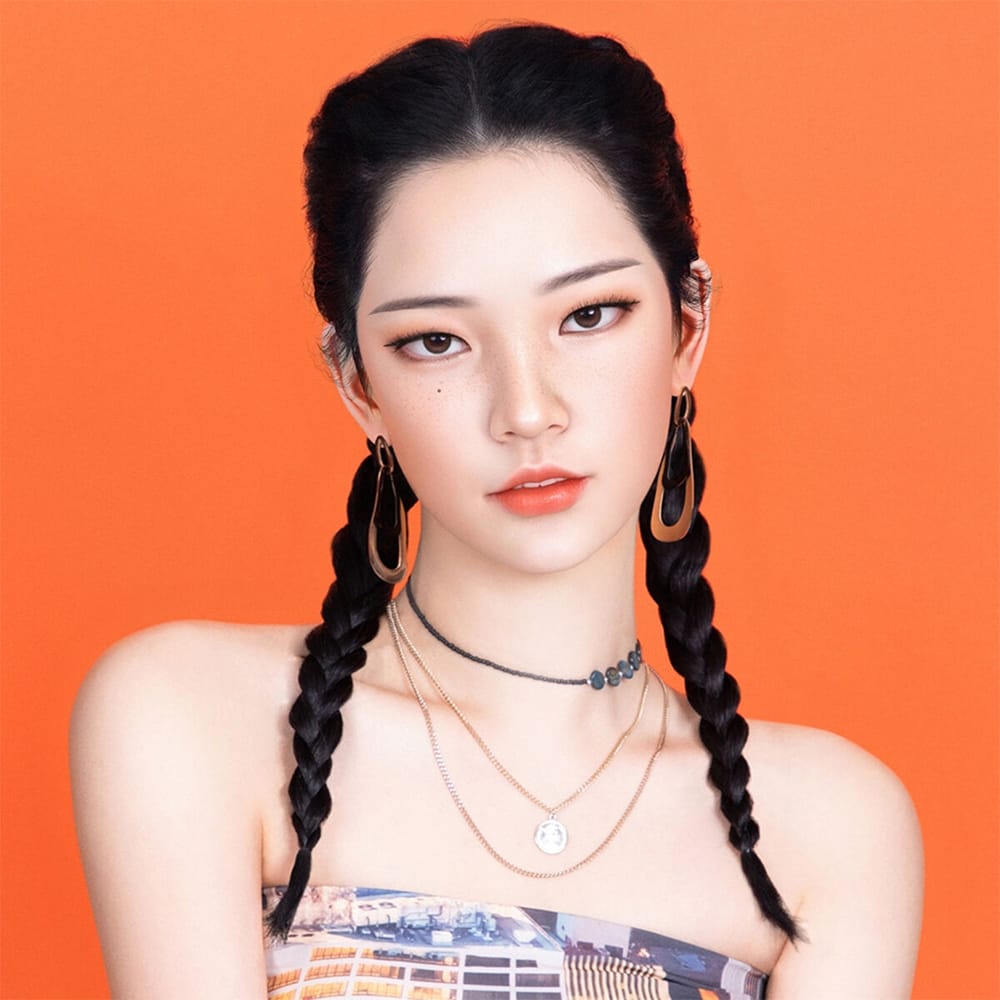
- KYRA: India’s first AI influencer, KYRA, developed by TopSocial India, brings an exciting, relatable take on fashion and travel. With over 200,000 Instagram followers, she explores cities, collaborates with local and international brands, and reflects a trendy, globalised lifestyle that appeals to Indian millennials and Gen Z.
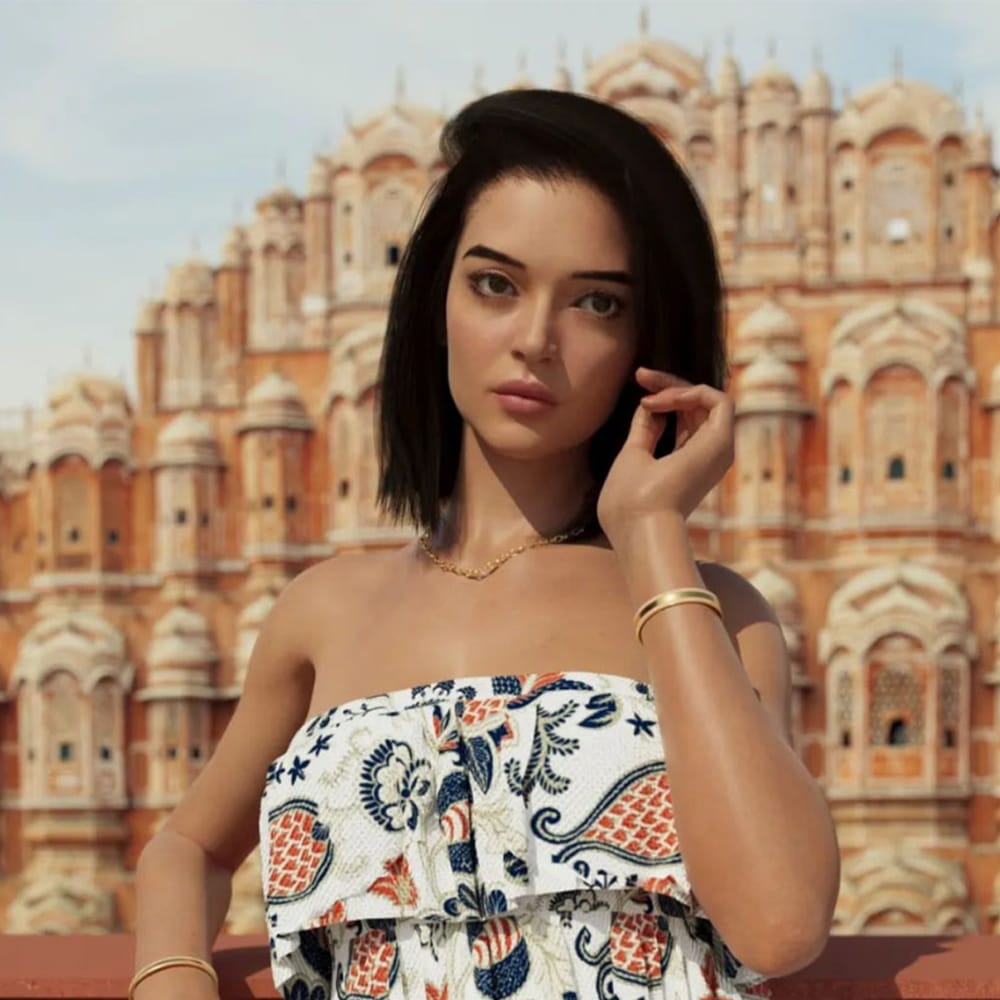
- Demi Lovato’s AI Doppelgänger: Recently, singer Demi Lovato launched a virtual version of herself, designed to engage fans in unique ways. This AI influencer can interact in real-time with followers, showcasing the versatility of AI personas in entertainment.
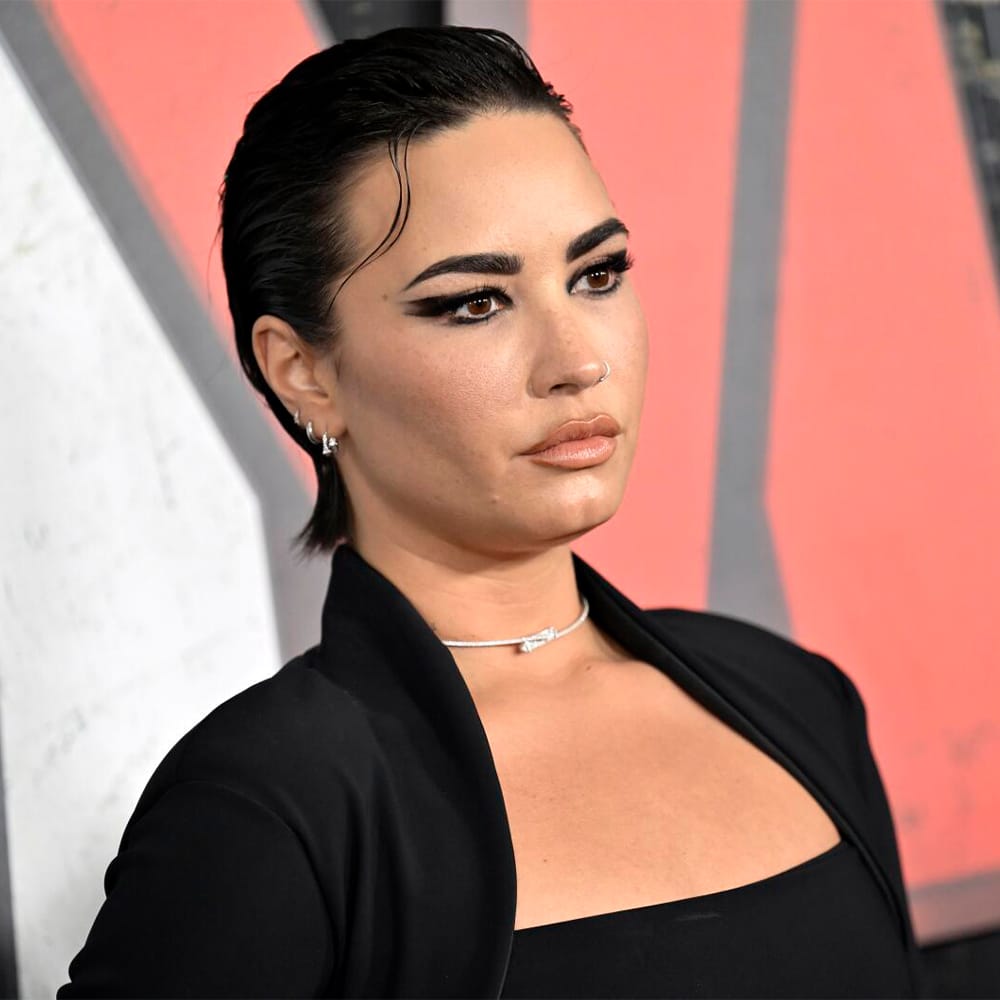
4. The Benefits of AI Influencers
AI influencers bring unique advantages that cater to the challenges of modern-day marketing:
- Consistency and Control: AI influencers provide brands with complete creative control. Every post, every response, and every image is meticulously crafted to reflect the brand’s message without the risk of off-brand actions or unexpected controversies that human influencers might bring.
- Cost-Effective and Scalable: AI influencers require a one-time creation investment, followed by maintenance. This can be more cost-effective for brands compared to the high and fluctuating rates of human influencers.
- 24/7 Availability: AI influencers are always “on,” allowing them to engage with audiences around the clock. This is a significant advantage in global campaigns where time zones might otherwise be a limitation.
- Enhanced Brand Alignment: AI influencers can instantly change styles, personalities, or locations, allowing brands to target specific demographics or preferences. They can even take part in multiple campaigns simultaneously, something real-life influencers can’t achieve.
5. Limitations of AI Influencers:
- Lack of Authenticity and Relatability: AI influencers, while consistent, lack the human authenticity and relatability that people often seek. This absence of real-life experiences and emotions can make their interactions feel less genuine, which may be a drawback for audiences who value personal connection.
- Ethical and Transparency Issues: AI influencers can blur the line between real and virtual, raising questions about transparency. Some followers may feel misled if they believe the influencer is real. This requires brands to be upfront about the virtual nature of these influencers.
- Potential Cultural Sensitivity Issues: AI influencers created in one cultural context may not always navigate others well. The lack of nuanced understanding of cultural specifics can lead to unintentional missteps, which brands need to monitor closely.
- Risk of “Uncanny Valley” Effect: If an AI influencer looks almost, but not quite, human, it can cause discomfort among viewers—a phenomenon known as the uncanny valley. While some audiences enjoy the surreal element of AI influencers, others might feel uneasy about their too-perfect appearance.
The Comparison Between AI & Human Influencers:
Human influencers have existed long before social media, playing a role everywhere from homes to workplaces. Traditional word-of-mouth marketing has evolved with the rise of social media influencers. As of 2024, the influencer marketing industry is valued at over $20 billion, with AI influencers driving a substantial part of this growth. According to a recent Ogilvy report, 63% of marketers plan to incorporate AI in their influencer campaigns this year. Are human and AI influencers destined to become rivals, or will they complement each other? Let’s see the critical comparison:

Future Trends: AI and Human Influencers in Tandem
The debate continues over whether AI influencers will eventually replace human influencers or if they will coexist and complement one another. As the most promising social media marketing agency in Kolkata, we predict that while AI will carve out a niche in the influencer marketing landscape, it is impossible to overlook the unique aura that human influencers possess. Their charm and distinctive presentation often make even paid promotions feel like authentic reviews. They laugh, they mess up, they shout “Hiiiii Guyzzzzz, let me tell you a secret!” and we love them for it! It’s that relatable, raw energy that gets audiences hooked—proving that sometimes unpolished, cringe-worthy moments beat out picture-perfect content.
As a social media marketing agency managing digital assets, we are committed to offering services tailored to your brand’s needs. Whether you’re looking for traditional influencer marketing, AI-infused strategies, or a comprehensive approach, Gr8 Brews is here to assist you. So why wait? Let’s connect over a fresh marketing brew!


